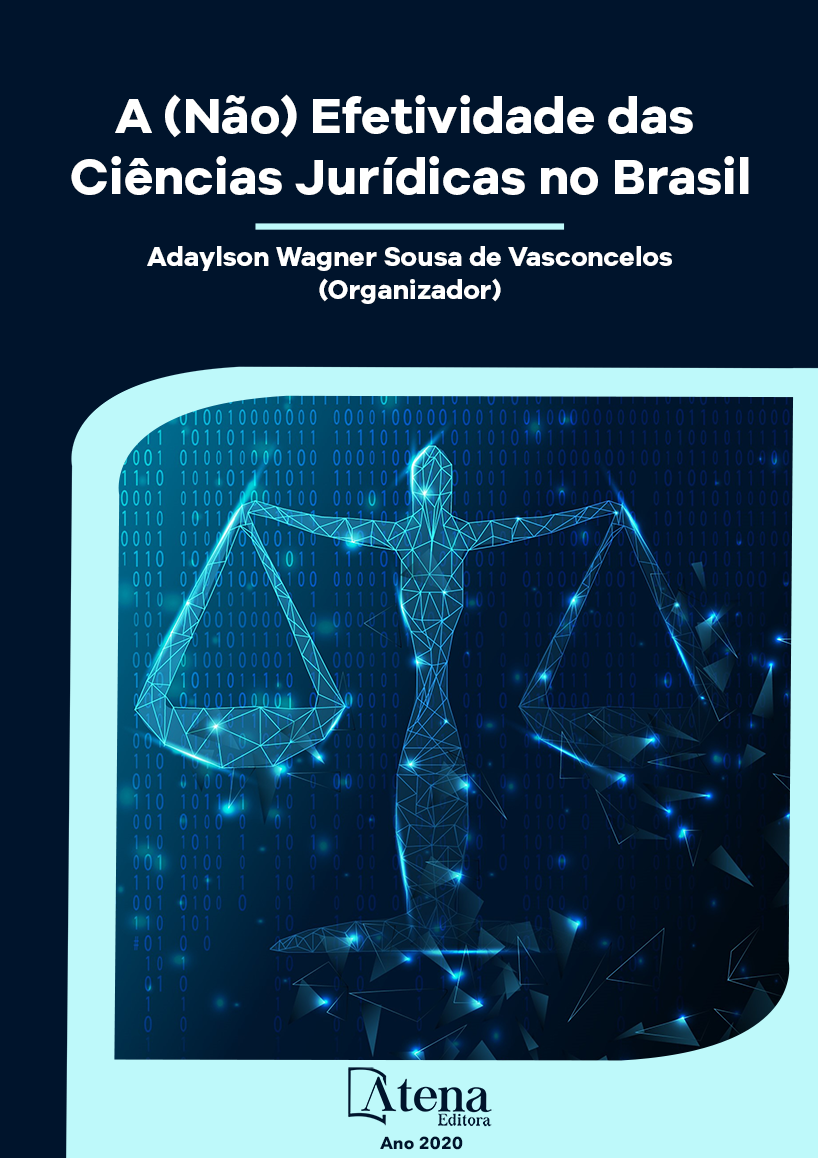
PLANO NACIONAL DE EDUCAÇÃO EM DIREITOS HUMANOS- Reflexões à Luz do Contexto Contemporâneo da Sociedade Brasileira
O presente estudo tem a pretensão
de realizar uma análise crítica sobre a prática
da educação em Direitos Humanos a partir
do Plano Nacional de Educação em Direitos
Humanos (PNEDH). Traça também elementos
da docência contemporânea em nível de
escola básica e superior, sob o viés de uma
pedagogia humanizadora, que vise à formação
do educando-cidadão, liberto de preconceitos
e em condições de participar efetivamente das
demandas de uma sociedade democrática de
direitos. A metodologia utilizada é a análise crítica
e interpretativa da produção de autores da área
da educação, das pedagogias interculturais e
da educação dos Direitos Humanos, amparada
por pesquisas quantitativa e qualitativa através
de dados fornecidos por órgãos de defesa dos
Direitos Humanos, nacionais e internacionais,
bem como, do arcabouço teórico atinente.
Durante a pesquisa foi constatado que o Brasil
não segue as metas planejadas do PNE tal
como as do PNEDH, que o ensino praticado na
Educação Básica está longe de ser libertador
ou livre de preconceitos étnicos-raciais ou de
gênero e que o histórico social familiar influencia
diretamente na formação do educando. Na
busca da solução, conclui-se que para uma
mudança geral nesse status quo social, após a
análise sistemática das diversas obras atinentes
a educação e aos Direitos Humanos, e dos
dados levantados nas pesquisas realizadas por
organizações e entidades voltadas a defesa e a
prática de políticas afirmativas, é imprescindível
a atuação de pedagogias interculturais críticas
norteando o ensino da educação em Direitos
Humanos, visando à construção de uma
sociedade verdadeiramente democrática.
PLANO NACIONAL DE EDUCAÇÃO EM DIREITOS HUMANOS- Reflexões à Luz do Contexto Contemporâneo da Sociedade Brasileira
-
DOI: 10.22533/at.ed.65320270114
-
Palavras-chave: Direitos Humanos. Docência. Educação. Formação. Pedagogia.
-
Keywords: Human Rights. Teaching Education. Formation.
-
Abstract:
This study aims to conduct a critical analysis on the practice of human
rights education from the National Plan for Human Rights Education (PNEDH). It also
traces elements of contemporary teaching at the elementary and higher school level,
under the bias of a humanizing pedagogy, aimed at the formation of the student-citizen,
free from prejudice and able to effectively participate in the demands of a democratic
society of rights. The methodology used is the critical and interpretative analysis of the
production of authors in the area of education, intercultural pedagogies and human
rights education, supported by quantitative and qualitative research through data
provided by national and international human rights bodies, as well as the relevant
theoretical framework. During the research it was found that Brazil does not follow the
planned intentios of the PNE like those of PNEDH, that the teaching practiced in Basic
Education is far from liberating or free of racial or gender bias and that the family social
history influences directly in the formation of the student. In the search for a solution,
it is concluded that for a general change in this social status quo, after a systematic
analysis of the various works related to education and human rights, and the data
collected in research conducted by organizations and entities focused on defense and
practice. affirmative policies, it is essential to perform critical intercultural pedagogies
guiding the teaching of human rights education, aiming at the construction of a truly
democratic society.
-
Número de páginas: 18
- Thaís Janaina Wenczenovicz
- Messias da Silva Moreira


